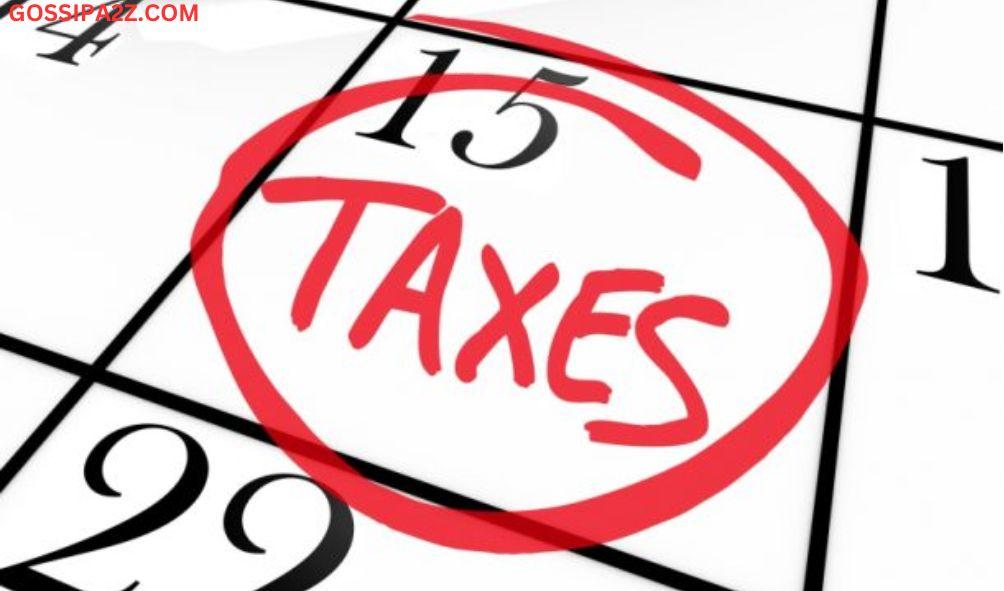Govt to Wait 5 Years to Review Tax Laws in New Proposal: Here is Why
The National Treasury has proposed a National Tax Policy that includes plans to review Kenyan tax laws every five years.
The Policy, released on Thursday, May 30, outlines general guidelines for taxation and related issues.
A thorough review of tax laws every five years is intended to address the unpredictability of tax rates that has worried investors.
Stakeholders will be consulted during these reviews to evaluate the impact of any proposed changes.
“The Policy aims to establish a framework for predictable and sustainable tax rates and to broaden the tax base,” the policy states.
“To meet these goals, the Government will conduct a comprehensive review of tax laws every five years, aligning them with other Government policies and international standards.”
In emergencies like natural disasters or pandemics, the government may revise the tax base immediately to address financial impacts.
“Current tax legislation and administration will be gradually reformed to align with this Policy.”
What Does this Mean for the Finance Bill?
The Finance Bill, proposed annually by the National Treasury, suggests changes to tax laws, including amendments to existing laws and new tax proposals. It is presented to Parliament and typically becomes law by July 1.
ALSO READ:
- Raila Ally Breaks Silence After Ruto-Uhuru Meeting
- Gachagua Close Ally Karungo Wa Thang’wa Accepts Ruto’s CBS Award
- Gov’t to Release Ksh.32 Billion to Counties Next Week – DP Kindiki
- High Court Strikes Down Ruto-Raila 2023 IEBC Amendment Bill
- Kenya Water Towers Agency Dissolved: Government Moves to Streamline State Corporations
Churchill Ogutu, an economist at IC Group, explained the potential impact of the National Tax Policy on the Finance Bill.
“The Finance Bills usually propose amendments to existing Tax Acts, such as the Income Tax Act, VAT, Excise Duty, and other miscellaneous taxes and levies,” Ogutu said.
“The new tax policy suggests that major tax laws be reviewed every five years, while the Finance Bill can handle minor amendments.”
“For example, the VAT Act was introduced in 2013, the Excise Duty Act in 2015, but the Income Tax Act dates back to the 1990s. The Tax Policy will revise these laws, with the Finance Bill making necessary minor changes.”
Ogutu cautioned that taxpayers should monitor the government’s implementation of the tax policy closely.
“We are good at developing policies and strategies, but there’s often a significant gap when it comes to actual implementation,” Ogutu noted.
Govt to Wait 5 Years to Review Tax Laws in New Proposal: Here is Why
